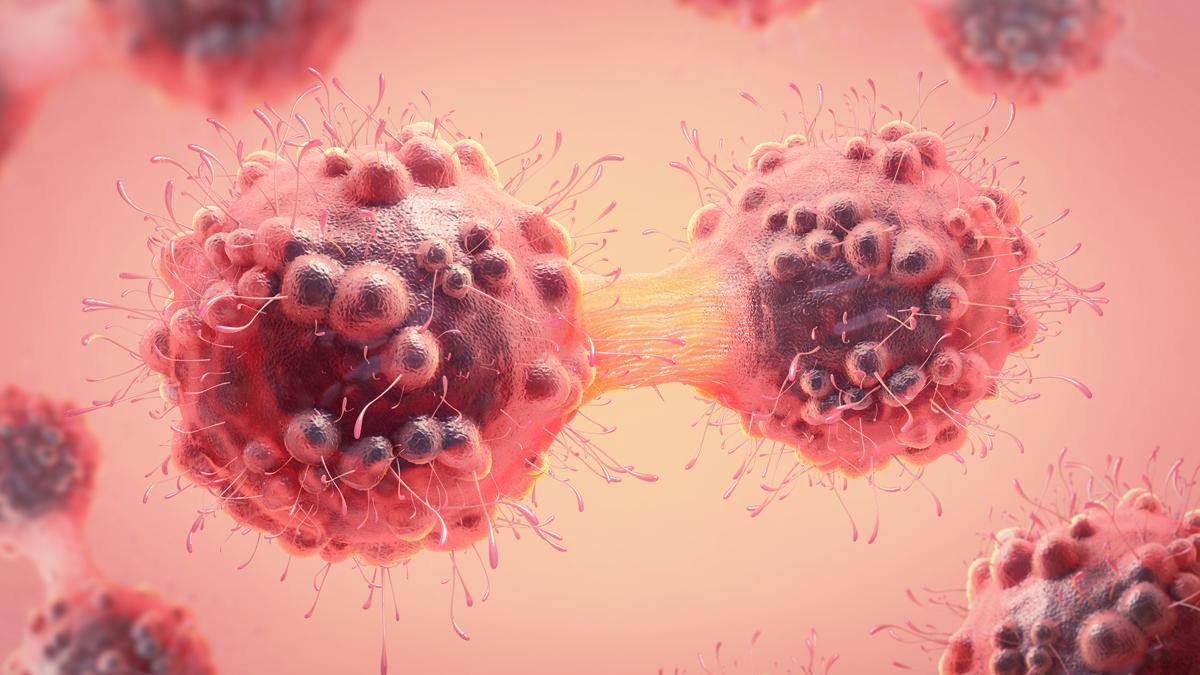CDK9 inhibitors: Disrupting cancer cell growth and the treatment paradigm

We have made significant strides in cancer treatment in the last decade and a half. Patients are living longer than ever before, largely due to the innovations developed within our biotech and pharma industry.
But our work is nowhere near done. Patients relapse or develop resistance to medications and, even in some cancers with approved targeted therapies - such as peripheral T-cell lymphoma (PTCL), which accounts for ~5%–10% of all lymphomas (NIH) - the National Comprehensive Cancer Network (NCCN) guidelines still recommend a clinical trial or chemotherapy and radiation.
Moving beyond chemotherapy and radiation
For patients with PTCL, and frankly patients with most types of cancers, chemotherapy historically has a low complete remission rate and many quality-of-life impacting side effects, including bone marrow toxicity called myelosuppression, peripheral neuropathy, and infections. PTCL also has one of the highest rates of relapse. Once patients relapse, medicine options are extremely limited, and many move on to try experimental drugs in investigational clinical trials.
Patients deserve better, they deserve options, and we’re at a point in scientific discovery as a biopharma industry that, if we come together and focus, we can deliver patients safe, well-tolerated, and curative cancer treatments. I believe Cyclin-Dependent Kinase 9 (CDK9) inhibitors are one modality that will bring us a step closer to that future.
By targeting the fundamental processes that enable cancer cell survival, CDK9 inhibitors offer a highly attractive and sought-after cancer therapy in haematologic malignancies, particularly in lymphomas.
CDK9: An appealing target for cancer therapy
CDK9 is a key regulator of transcriptional elongation and has been shown to modulate the expression and activity of oncogenes. Aberrations in CDK9 activity have been observed in multiple types of cancers and, due to its key role in the progression of malignant cell phenotypes, CDK9 has emerged as a novel prognostic marker and an appealing target for cancer therapy. CDK9 inhibitors have shown clinical potential to selectively stop the abnormal growth of cancer cells and, in some cases, induce cancer cell death, all while sparing normal cells and leading to fewer side effects.
CDK9 inhibitors also offer a modality to potentially overcome resistance and extend the half-life of existing treatments, by targeting a different pathway and providing an alternative method to combat the cancer cells that have grown resistant to another medicine. Furthermore, CDK9 inhibitors show low toxicity in clinical studies, making them an ideal combination agent, as they are not likely to add to the patient treatment burden.
Using PTCL as an example, which I know well due to my familiarity with the space and biology, PTCL is a group of rare, aggressive blood cancers that develop from the uncontrolled growth and division of mature T-cells. If we can inhibit (block) CDK9, we essentially cut off the cancer cells’ supply of necessary growth signals, making it harder for the cancer cells to grow and survive and for the cancer to spread. Unlike with chemotherapy and radiation, this targeted approach spares the healthy cells and, in cancers like PTCL where patients fall ill extremely quickly, this could be less harsh on their immune system and hopefully lead to less off-target side effects. Clinical trial data validates this hypothesis, and I believe this approach can be replicated across many different types of cancers.
Enitociclib, which we’re evaluating at my current company, Vincerx Pharma, as a standalone therapy and as a combination agent through a collaboration with the National Institutes of Health (NIH), is a timely example of the promise of CDK9 inhibitors. The positive data from our Phase 1 combination study of enitociclib plus venetoclax and prednisone gives me hope in not only enitociclib, but in CDK9 inhibitors as a drug class – hope in the ability to provide patients and physicians with a multitude of durable, safe treatment options and improve patient outcomes.
Our industry owes cancer patients medicines that enable them to thrive, not just survive, and I believe CDK9 inhibitors will help get us there.











